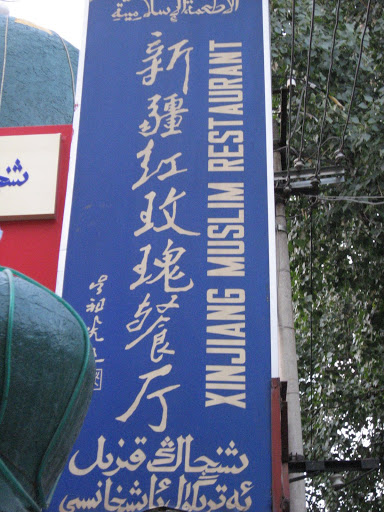The Zen master wanted to appoint his successor, so he asked his disciples to explain "Zen".
The smartest student came upfront and said:
I am like a solid tree, my heart is like a mirror. To stay pure, I need to keep cleaning the mirror from the dust everyday. That's Zen.
A young student stood up and said: There is no tree, and there is no mirror. What is dust?
The young student became the new Zen master.
Another story to explain Zen goes like this:
The Zen master was watching his students practicing their ritual, and his best student kept doing his movement incorrectly, as other students were getting in his way. The master went to him, and asked: "What is wrong?", the student replied: "I am trying to do my ritual, but I keep failing. I don't know why". The master then asked him to follow him. They walked to the side of the river. And the master pointed to some rocks on the river, and said: "Watch how the water flows smoothly on the river around the rocks. That is Zen..."
These stories remind me of an old Arab proverb: "كم حاجةً قضيناها بتركها" which can be translated as "Some tasks can be finished by abondoning them". For example, you need to buy a gift to your friend wedding, but you dont know what to buy. You can solve this task by not going to the wedding.
The proverb is normally used to describe negative bahavior of people who keep silence, close one eye and dont resist. And that reminds me of another Chinese proverb that says: "Sometimes it is good to not be too wise or too smart, it is better to close one eye".
 On the other side, every Uyghur restaurant, I have been to, serves beer, which was surprising.
On the other side, every Uyghur restaurant, I have been to, serves beer, which was surprising.

 For those who are not familiar, this is a reference to Charlie Chaplin...
For those who are not familiar, this is a reference to Charlie Chaplin...


